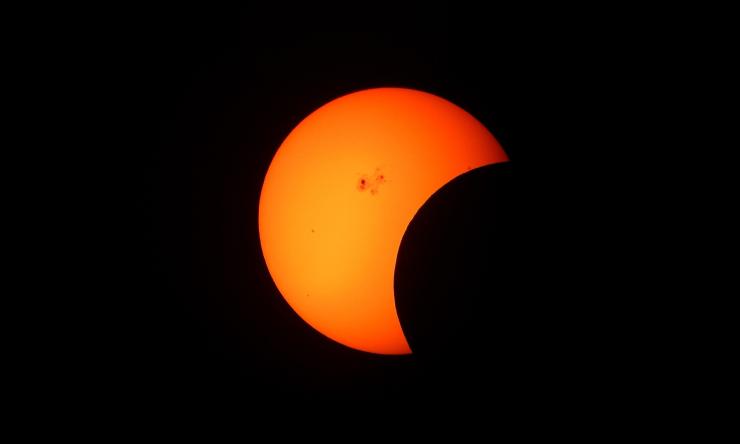Solar eclipse eye safety
On Oct. 14, a solar eclipse will be visible across North, Central and South America. No matter where you view it, it is crucial to take precautions to prevent damage to the eyes. Ophthalmologists at Baylor College of Medicine provide tips for how to safely look at the eclipse:
- Directly staring at the sun (even for a few seconds) can cause permanent damage to your eyes. The intense rays can cause damage to the retina, which could lead to blurred vision or blind spots.
- Protect yourself with special filters: shade No. 14 welder’s glass is a filter recommended by the American Society of Retina Specialists and is available at most welding supply stores.
- Regular sunglasses – even the darkest ones – are not effective for the purposes of viewing the eclipse. They do not filter out enough visible and infrared light to effectively protect your retinas.
- Most cameras, binoculars and telescopes are unfiltered, so if you are planning to capture images of the eclipse, you will still need to use a filter to protect yourself.
If you properly protect your eyes, you can safely enjoy this rare and exciting event.










